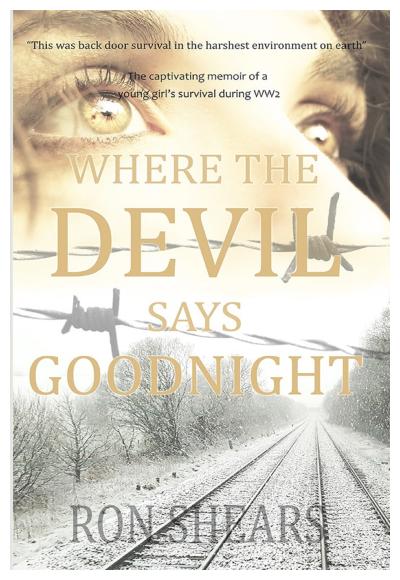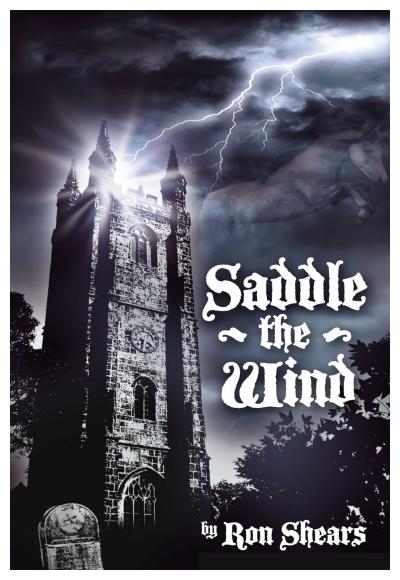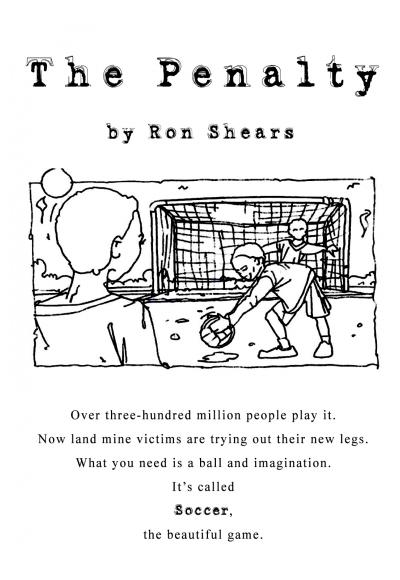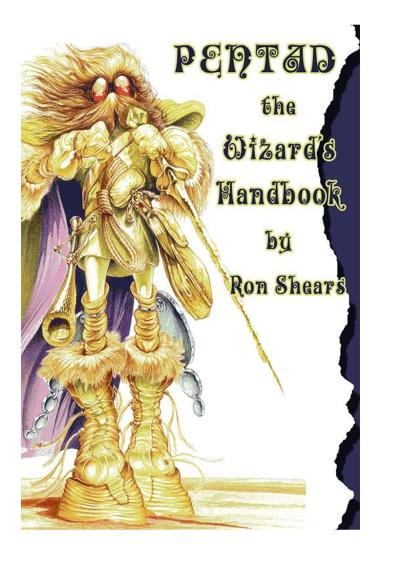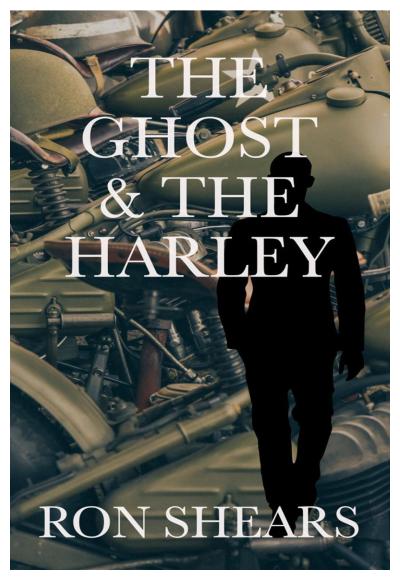he WWII era from another perspective. A true story. Beata Redziowski nee Karp lived most of her adult life in Perth, Australia, where no-one has ever heard of this European Aristocrat. The first legible date on her family tree is 1640. Others un-dated are before. Beata Karp's struggles began in 1940 when she is 22 after buying black-market food for her husband of 6-months, Kaz, and his friends hiding in the forest fighting the Russians. She is now on the radar. They meet then later are arrested. Dumped in Baranovichi's crumbling prison where the inhuman, fearsome Russian interrogator knows she speaks several languages - including Russian. Unfortunately, her Russian's better than his. Only spies need language fluency. Beata Karp is in trouble. Charge - Spying. Sentence – 10 years. The Russians toss away the calendars.
Kaz dies in prison. Instead of inheriting several estates in Lithuania and Poland. Beata stands cramped with 100 freezing hungry ladies in a filthy slatted wagon across the world's biggest snowfields. Many freeze to death, where they stood against the slats. Six weeks later, this European aristocrat falls out into a Siberian snowdrift, 442miles south of the Arctic circle. Camp Yaya is where she will exist. The date: November 27, 1940. Beata stumbles 4-miles and through 'The gates of hell.' The needle on the Richter scale of misery is about to set new records a few days before her 23rd birthday. For her, World War II blunders into top gear.
In Yaya, 5,500 women of all ages and nationalities subsist in the most brutal freezing conditions. Many have been there since the 1917 revolution. Most are innocent. The buzzword is 'survive.' Miraculously she does despite being near death several times. The huge 100 strong female log cutters in hut 42 became her good friends, and without the comfort of the best hut in Yaya, she would have died. Head lady Viktorya and the others listen, enthralled as Beata explains where she came from and what life was like outside Russia. The day Beata walked out of 'The Gates of Hell.' She turns, amazed. Not only are her friends from hut 42 standing against the wire fence watching, but countless others stand on the ice-covered parade ground. One hundred special Russian ladies watch waving. Viktorya stares at Beata with eyes that look into the past. "Is what you've told us true?" She calls out passionately. Beata waves and smiles. ' Да, Yes.' Polish people call Siberia,' Where the Devil says Goodnight.'
All Poles have a travel warrant to Uzbekistan when an amnesty releases them to form an Army in Uzbekistan to fight the Germans. Can Beata find any remaining family members who may be in the village hundreds of miles deeper in Siberia? Beata leaves Yaya station to one over 70 miles nearer the commune. She treks many days in a freezing biting wind, unable to even doze. Several friendly Russian peasants help, passing her to another who feed and take her into their shed-like home. They trusted this lady, not knowing if she is a Russian informant. That meant certain death. At the commune, the head man views her in a British Uniform with great suspicion. Beata opens the door to her mother's shed. Marta, Margarita, and 5-year old Roman squat by a log fire. Marta is ill, but Beata nurses her back to some health. She helps the community to get more produce from the ground. Promising to return, Beata leaves for Uzbekistan Marta doubts she will see her daughter again. Lithuanians' are not in the amnesty. Beata's pleased all dogs were killed and eaten.
At Uzbekistan, she meets her father's long-time friend, General Anders, the Commanding Officer, and she asks for help? A week later, she clutches three sets of forged papers stating her Lithuanian mother, stepsister, and her five-year-old son are Polish citizens. Anders warns; if discovered, they will be shot and left for the wolves. Un-deterred, with a bag full of Cigarettes, tobacco, chocolate, and tinned goods, she leaves. Willingly giving the friendly Russian peasants something for help, praying the Russians haven't separated them. A truck driver agrees to wait for them near the commune at night. He wants cigarettes and tobacco now. Reluctantly she agrees doubting he will be there the next night at 6 pm. He is and takes them near the station. The young soldiers are checking everyone's papers. Margarita's nerves crumble, she screams. Beata grabs Roman, shouts she is mental, shows the documents, clutches Margarita, the soldiers laugh as Beata struggles, forcing them past. They are safe. For now, that is. At every station checkpoint, anyone trying to escape is shot. Margarita's nerves snap again. Now Beata uses the commotion to significant effect. At coal and water stops. Beata lowers some food for men clinging under the carriages. She stops after seeing they've frozen to death. At one stop, people get off looking for anything to eat, and many go too far. The train whistle blows and shunts away, gathering speed leaving them to die in the wilderness. Incredibly they make it to Uzbekistan to an amazed General Anders. She retains the greatest respect and admiration for these trusting Russians. She never saw any estates she inherited aged 21. Like many stories set in this time, GOODNIGHT has its share of tragedy. However, the indomitable spirit of Beata leaves the reader with a sense of hope. Many displaced people are repatriated to Buckinghamshire, where she met and married Polish officer Zbigniew Redziowski (Bill) whose job is assembling poles wanting to return to Poland (still in Russian hands.) At Southampton, he said goodbye to many old friends. Years later, he visited Poland and called at the houses where they lived. Parents, wives, and family declared they had died in the war. Bill is sure these people were taken to Russia or Siberia. There are no records.
Beata and Bill migrated to Argentina, 5-years later to Australia with Marta. On December 22, 1981, Beata rang me, crying, saying, "Ron. What have you done?" Not knowing what she meant, having nine months earlier sent many open letters worldwide asking about Yaga Domanska, I was lost as to what she referred to. "I have just had a telegram from Canada." "Who from?" "Who? Don't you know? Yaga, that's who! How did you do it? I will read it to you. 'Received letter. Stop. Letter following. Stop. Signed Jadwiga Domanska."
Before I could reply, she said excitedly, "See. I'm telling the truth. Yaga does exist. "It is the happiest present I have had in a long time. Thank you so much," she cried, so infectious was her excitement and happiness that I had to wipe my eyes. I wrote to Yaga from England, where I then lived, and she sent photographs of herself as a young woman. From the way she wrote, I fully understand what a lovely human being she was. In 1981 she had seven grandchildren, keeping busy organizing events to raise money for Help Poland Live Association. Beata was lucky to have such a dear, faithful friend. I asked her why she hadn't tried to contact her since they last saw each other in 1947 in England. She said she'd many times wanted to but hadn't known where to begin. Beata died from a stroke aged 65 in Australia in 1983. Bill moved to Spain; he died a few years later. My letters to Yaga in Canada remain unanswered. Be great for her family to know about her. Beata was a great friend of mine, and I suggested I'd like to write her story. After discussing it with Bill, he declared, 'You can trust him.' It is a privilege to have had her as a family friend. This is her story.

